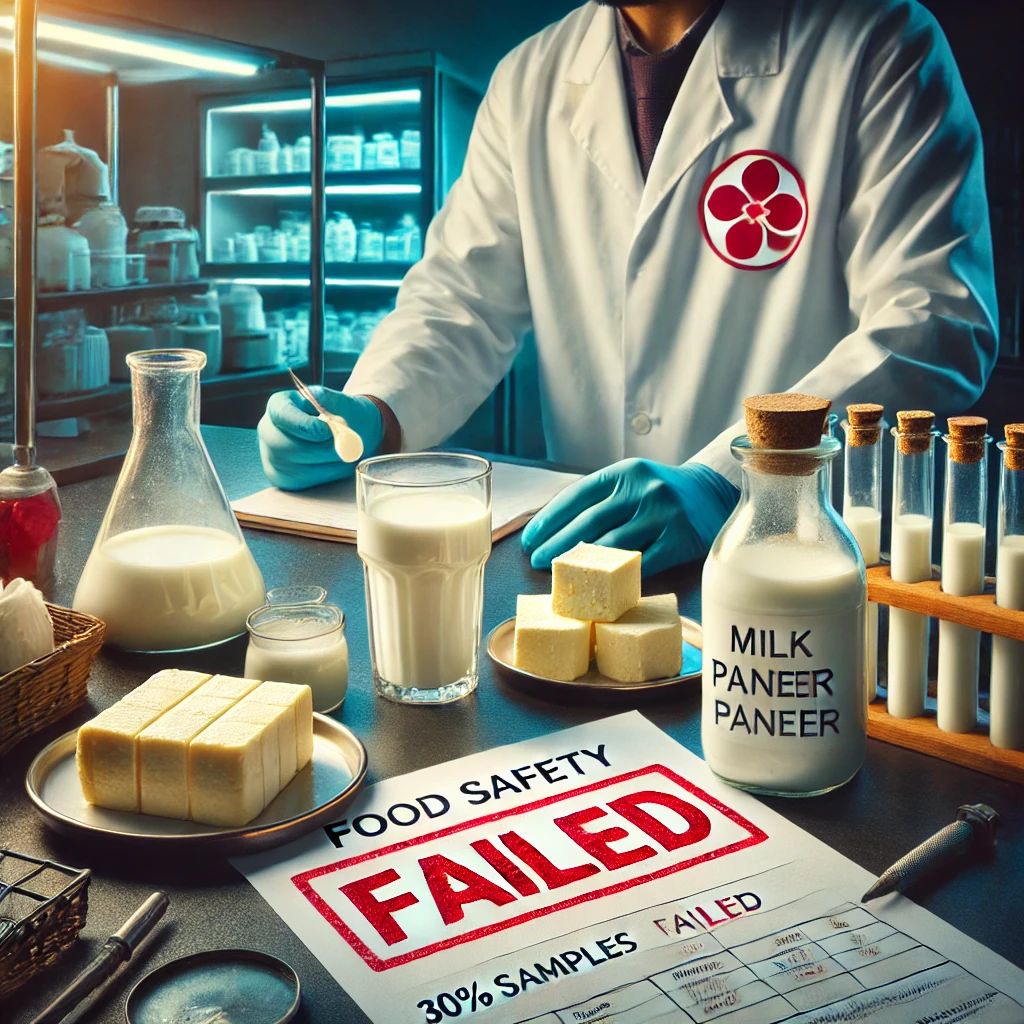In a significant development highlighting the ongoing challenge of food adulteration in India, the Punjab government has disclosed that it levied over ₹3.04 crore in penalties across 2,191 cases between January 2019 and December 2024—most of which involved adulterated milk and dairy products.
The revelation was made via an affidavit submitted by the Department of Health and Family Welfare to the Punjab and Haryana High Court, in response to a Public Interest Litigation (PIL) that highlighted the unchecked sale of contaminated dairy products across the state.
Rampant Dairy Contamination in Focus
The PIL, filed in 2024 by advocate Sunaina, urges the strict enforcement of the Food Safety and Standards Act, 2006, particularly to safeguard vulnerable groups, such as children and older people, from the health hazards of adulterated milk. The High Court, in an interim order issued on 22 July, directed both Punjab and Haryana to furnish five-year penalty data related to food safety violations.
In its affidavit, Under Secretary Ram Ishwar noted that penalties were imposed in 95% of adjudicated cases. Yet, only two cases led to actual prosecutions—raising questions about the rigour of enforcement. The total fines collected stood at ₹3,04,75,720.
Dairy Products Most Affected
The affidavit lists a wide range of contaminated items, with a strong focus on dairy, including:
- Raw and pasteurised cow and buffalo milk
- Curd, paneer, desi ghee, khoya, and butter
- Milk-based sweets like burfi and rasgullas
- Processed foods such as biscuits, namkeen, ice cream, and even edible oils and spices
Officials stated that both raw and processed foods were found to be contaminated, with health risks including food poisoning, allergic reactions, and long-term complications.
District-Level Trends
Data showed notable concentration of cases in certain districts:
- Amritsar: 206 cases
- Gurdaspur: 208 cases
- Sangrur: 160 cases
In contrast, fewer cases were reported in districts like Sri Muktsar Sahib (30) and Kapurthala (53), indicating uneven detection and enforcement across the state.
Petitioner Seeks Stronger Oversight
While welcoming the government’s disclosure as a step towards accountability, petitioner Sunaina criticised the lack of criminal prosecutions, describing it as symptomatic of broader regulatory failures.
“The fact that over 2,000 cases were identified within five years highlights systemic lapses in prevention. The negligible number of prosecutions suggests a lack of deterrence,” she stated.
The PIL calls for:
- Strengthened food sampling protocols
- More food-testing laboratories
- Public awareness campaigns
- Stricter penalties, especially for repeat offenders
The High Court is expected to hear the matter next on 14 October.
